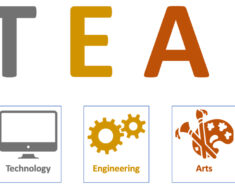
The government plays a pivotal role in its people’s developmental and educational process. It does this by providing education for all citizens, ensuring that their children are educated with up-to-date knowledge, and promoting policies that will help to ensure that everyone has equal access to information. Below are ways that governments promote education policy.
1. The government provides free or subsidized education for all citizens.
This is done through public schools, private schools, and universities. In many countries, the government subsidizes primary school education so that it is available to every citizen regardless of economic status.
2. The government ensures that teachers have the necessary training to teach students effectively.
Teachers must be trained before they can begin teaching. They must also receive continuing education throughout their careers. This helps them keep up with changes in technology and new learning methods.
3. The government establishes standards for education.
These include minimum qualifications needed for employment and minimum requirements for graduation from high school and university.
4. The government promotes research on education issues.
Research is important because it helps educators identify what works best in education. For example, research may show that certain teaching techniques work better than others.
5. The government sets goals for improving education.
It may set an annual goal to increase literacy rates or increase schools’ funding.
6. The government encourages parents to get involved in their child’s education.
Parents should encourage their children to learn about the world around them. They should also make sure that their children attend school regularly.
7. The government provides financial aid to low-income families
It may provide grants to pay for tuition at private colleges and universities.
8. The government regulates the private sector.
For example, it may require that companies offer paid maternity leave to employees who become pregnant. This ensures that women do not lose their jobs when giving birth to a baby.
9. The government enforces laws regarding education.
In some countries, the government enforces compulsory attendance laws. These laws require that children go to school until they reach age 16.
10. The government controls how much money goes into education.
In most countries, the government decides how much money will be spent on education each year. This includes deciding whether to spend more or less money on education.
Dil Bole Oberoi





